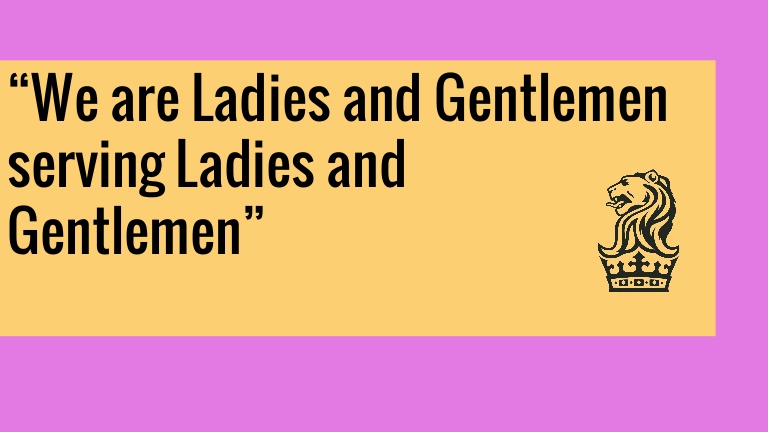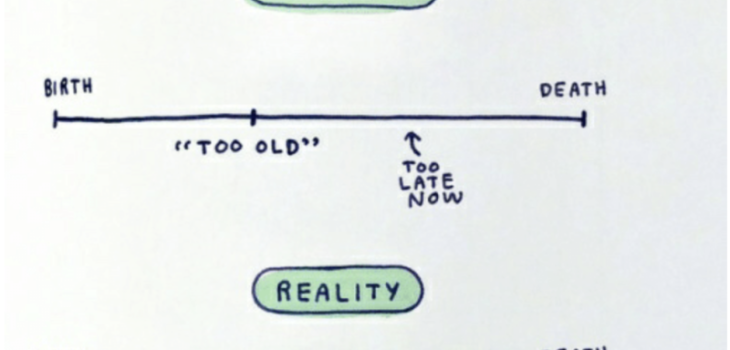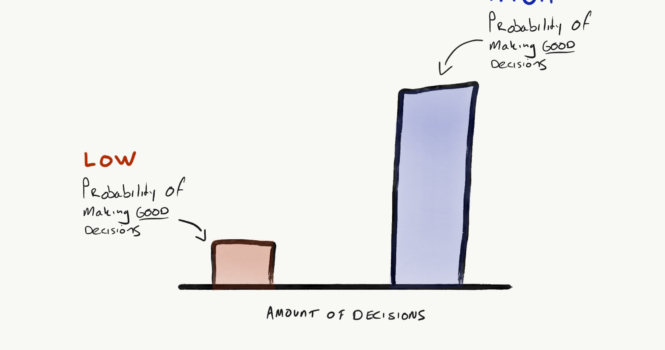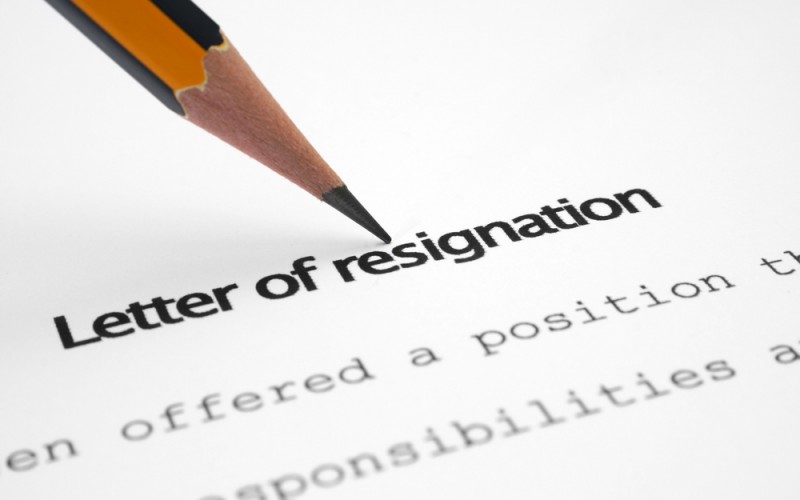 Careers in Wine
Careers in Wine
The Hundred Year Company
General Eisenhower once remarked that “In preparing for battle, I have always found that plans are useless, but planning is indispensable.” Heavyweight boxer Mike Tyson offered the sports version of this quote when he observed “Everybody has a plan until they get punched in the mouth.” Many CEOs got “punched in the mouth” last year because they hadn’t planned for Covid, and in fairness a worldwide pandemic is something no one living had seen before. The lesson here might be that we should always plan for the worst, regardless of cause, even our company’s demise, in our strategy sessions.
Boston Consulting Group’s strategy leader Martin Reeves warns that planning often produces plans that look pretty much like what you did before. One way he offers to avoid this trap is by making strategy creation a game. His thoughts are shared in an Ideas.Ted.Com blog post “Why you should play a game that manages your company’s demise. Two of the counterintuitive games that Mr. Reeves recommends have a somewhat “dark” quality to them in that participants are asked to perform “pre-mortems” and to write their company’s obituary. (See also this article from HBR with additional insight on “pre-mortems”.)
Once you have a plan to prevent your company’s death, Mr. Reeves offers a way to build a plan for something that can last for the long run (These plans are not mutually exclusive and his stats on the ever decreasing corporate life span are alarming). In a 15 minute TED talk he advocates an analogy to a system you already possess and use every day. Check out how you can use this system to “build a business that lasts 100 years.”








